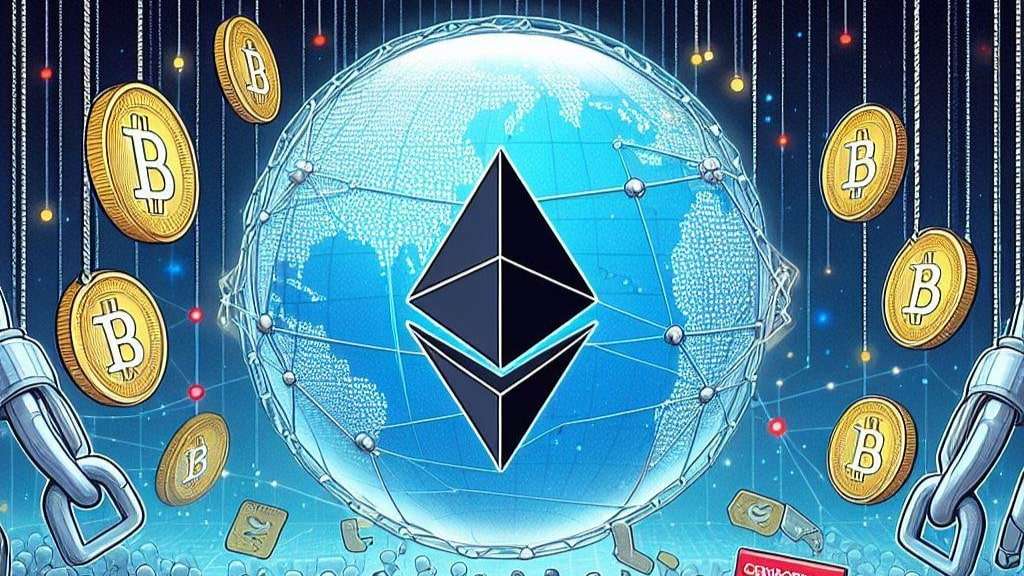
In an unexpected turn of events within the blockchain community, BloXroute Labs, a major player in Ethereum’s block production, has made a groundbreaking decision regarding censorship resistance. The announcement has stirred a global debate surrounding the balance between adherence to regulations and the core principles of blockchain decentralization.
BloXroute Labs, known for its contributions to Ethereum’s Maximal Extraction Value (MEV) relays, recently publicized its stance to reject blocks containing transactions sanctioned by the United States Office of Foreign Asset Control (OFAC). These transactions involve wallets identified by the US government, a move aimed at aligning with local laws and regulations.
The impact of this decision extends across all MEV relays operated by BloXroute Labs, notably affecting the “bloXroute Max Profit” relay, which has been instrumental in producing over 380,000 blocks post the Ethereum Merge on September 15, 2022.
While BloXroute Labs emphasizes its commitment to maintaining Ethereum’s decentralization and permissionless nature, the decision has ignited a discourse on the delicate balance between regulatory compliance and upholding the ethos of a censorship-resistant blockchain.
Ethereum, as a global infrastructure, faces the challenge of navigating various regulatory regimes worldwide. The fear looms that other nations might follow suit, leading to a fragmented blockchain landscape subjected to different sanctions, thus posing substantial challenges for businesses, particularly those based in the United States.
The statistics paint a telling picture: around 36% of Ethereum blocks currently face censorship due to OFAC-sanctioned transactions, marking a decrease from a high of 78% in recent times. This trend, evident since Ethereum’s transition to proof-of-stake, underscores the impact of OFAC sanctions on specific wallet addresses linked to illicit activities.
The contentious nature of this decision lies in the realm of MEV relays, which wield significant power in extracting value from the blockchain. However, this often comes at the expense of regular users. Efforts like the introduction of MEV-Boost relays aimed to counterbalance these adverse effects.
While bloXroute Labs has not disclosed whether external pressures influenced this decision, the implications are profound. Acknowledging the potential reduction in their relays’ success rates, the company now treads the intricate path of blockchain regulation. This poses pertinent questions about the trade-offs between upholding censorship resistance and complying with local regulations.
This pivotal shift in policy has raised concerns within the Ethereum community, prompting discussions about its wider implications. Lachlan Feeney, CEO of Australian blockchain development firm Labrys, expressed apprehensions, highlighting the potential precedent this sets for the entire blockchain industry.
Feeney emphasized the importance of avoiding protocol-level censorship, advocating instead for regulating applications similar to how the internet functions. With Ethereum serving as global infrastructure, fears loom that other nations might follow suit, enforcing their sanctions. This could significantly complicate block construction complying with diverse global regulatory regimes, raising questions about the legitimacy and impact of these sanctions, especially for US-based businesses.
Presently, around 36% of Ethereum blocks face censorship due to the presence of OFAC-sanctioned transactions, down from a peak of 78% in November but consistently hovering between 30% and 40% since March. This issue gained prominence during Ethereum’s transition to proof-of-stake in September 2022.
The US Office of Foreign Asset Control imposed sanctions on specific wallet addresses linked to illicit activities and transactions originating from cryptocurrency mixers like Tornado Cash, intensifying debates surrounding Ethereum network censorship.
MEV relays hold significant sway in extracting blockchain value by manipulating transaction order, often at the expense of regular users. In response, MEV-Boost relays were introduced to mitigate these adverse effects.
Amidst speculations about BloXroute Labs’ compelled compliance with regulations, it’s evident that their decision wasn’t taken lightly. Anticipating a decrease in relay win rates, the company chose to navigate the intricate landscape of blockchain regulations, sparking discussions on the trade-offs between censorship resistance and regulatory compliance.
This development underscores the ongoing challenges faced by blockchain projects and participants striving to balance decentralization principles, censorship resistance, and compliance with local laws. As Ethereum leads these debates, decisions by entities like BloXroute Labs will undoubtedly shape the broader blockchain ecosystem’s trajectory.
Get the latest Crypto & Blockchain News in your inbox.